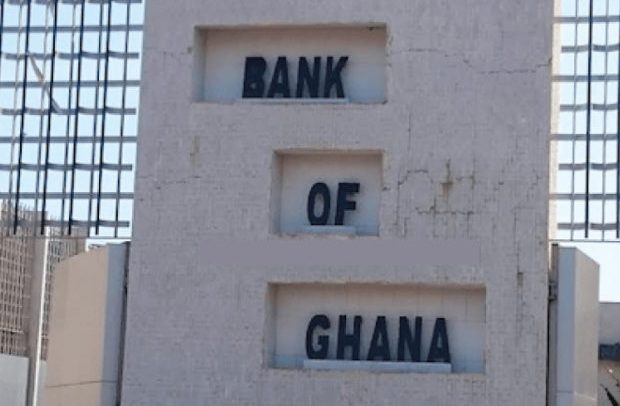In a significant ruling issued on November 1, 2024, a High Court in Accra has reversed the Bank of Ghana’s (BoG) 2019 decision to revoke the operating licence of CDH Savings and Loans Company Limited.
The court ordered both parties to resolve the issue through arbitration, citing the central bank’s “unreasonable and unfair” approach.
The BoG had originally revoked CDH’s licence on August 16, 2019, due to liquidity issues stemming from the company’s failure to sell repossessed collateral.
However, CDH Financial Holdings Limited, the shareholders of CDH Savings and Loans, challenged the decision in court, arguing procedural unfairness and seeking to prevent further disruption to operations until arbitration.
Justice Brew’s ruling emphasized the constitutional requirement for fair and reasonable administrative actions, referencing Article 23 of Ghana’s 1992 Constitution.
This landmark decision reinforces legal protections for businesses facing regulatory actions and underscores the importance of due process in Ghana’s financial sector.
Background
In 2019, the BoG revoked the licences of several financial institutions, including CDH Savings and Loans, citing liquidity issues and failure to meet regulatory requirements.
However, CDH Financial Holdings Limited contested the decision, arguing that the BoG’s actions were unfair and procedurally flawed.
Implications of the Ruling
The High Court’s decision has significant implications for Ghana’s financial sector, emphasizing the need for regulatory bodies to follow due process and uphold fairness in their actions.
Ghana’s Economic Context
Ghana’s economy has faced significant challenges in recent years, including a surge in public debt and inflation.
However, the country has made progress in implementing macroeconomic policy adjustments and structural reforms.
The World Bank has supported Ghana’s efforts through various development programs and policies.
In the first half of 2024, Ghana’s GDP surged by 5.9%, driven by growth in the industry sector, particularly in oil and gas.
The country’s economic growth is expected to strengthen, reaching around 5% by 2026, driven by improvements in agriculture, services, and extractive industries.


